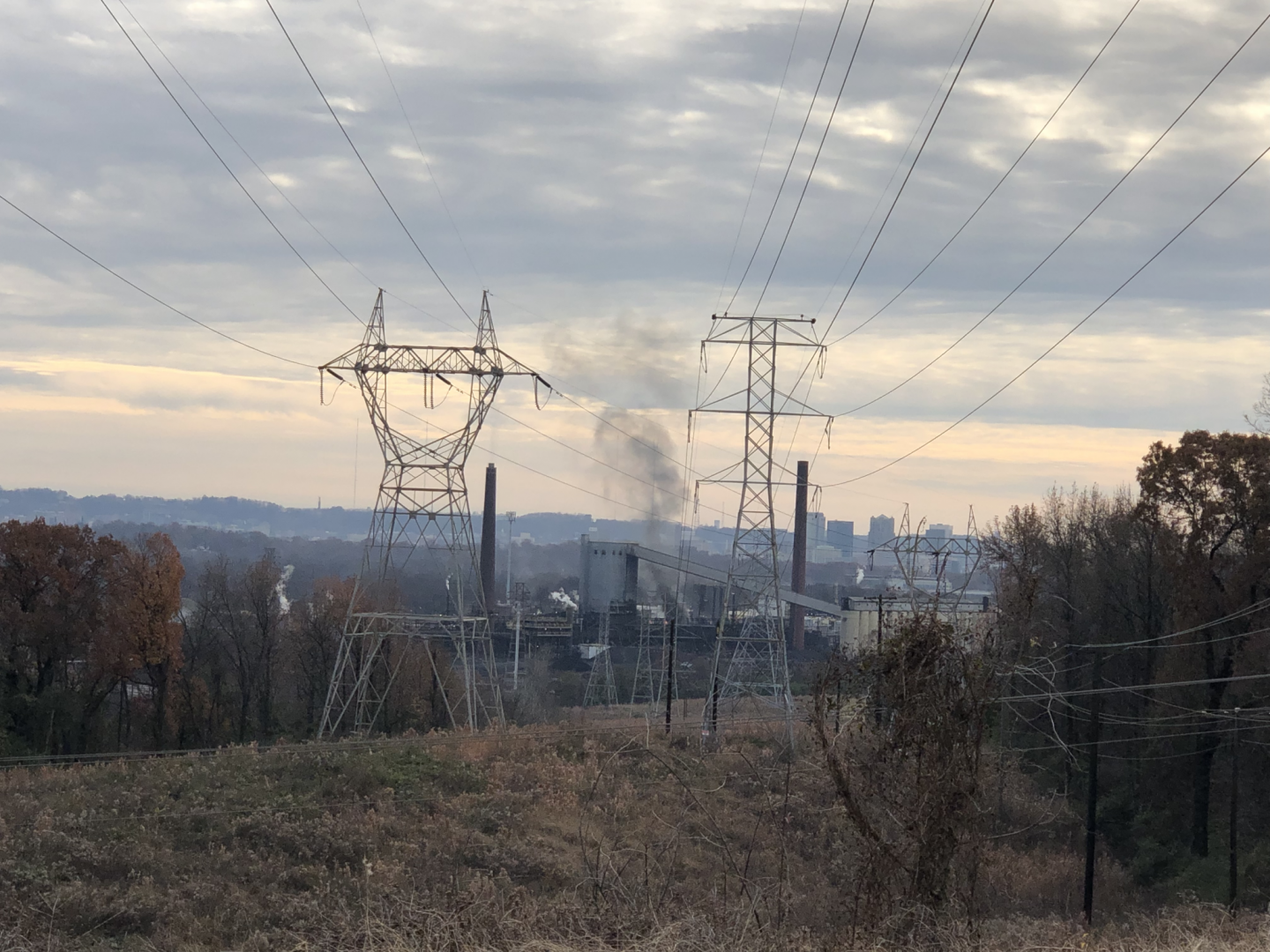WASHINGTON, D.C. (April 15, 2019) — Today Earthjustice on behalf of Citizens for Pennsylvania’s Future, GASP, Louisiana Bucket Brigade, and Sierra Club, sued the Environmental Protection Agency (EPA) for improperly regulating coke ovens – producers of known carcinogens – thus failing to protect communities throughout the country. Over a decade ago, EPA found that carcinogenic emissions from coke ovens destroy air quality and cause devastating health complications, yet plaintiffs in the case argue the agency failed to act to protect nearby communities from this threat.
“The pollutants spewed by coke ovens cause cancer and other serious illnesses. Fourteen years ago today, EPA admitted that it couldn’t say whether its own regulations adequately protected people from this threat and promised to do something about it. Since that day, EPA hasn’t taken a single step to fulfill its promise. It’s long past time for EPA to do its job and protect people in places like Birmingham, Ala., Clairton, and Erie, Pa., and St. James Parish, La.,” said Earthjustice Attorney Tosh Sagar.
“EPA determined years ago that coke ovens produce known carcinogens and that millions of residents in nearby towns and cities breath these carcinogens in. This is just one in a long litany of EPA’s failure. It’s time EPA does its job to review and revise standards for coke ovens in order to protect these people and meet the requirements of the Clean Air Act,” said the plaintiffs in a joint statement.
Coke ovens used usually for iron making superheat coal producing more than 40 highly toxic air pollutants – including benzene, arsenic, and lead – that escape poorly-sealed oven doors every time coal is added to bake or coke is removed from an oven. These poisonous gases not only cause breathing problems but are also known carcinogens that threaten nearby residential communities.
In 2005, EPA issued regulations for emissions from coke oven batteries. But these regulations didn’t address many of the points in the coke oven plants that are responsible for significant emissions. Even worse, EPA itself recognized that it could not know whether the 2005 regulations adequately protect people from these carcinogenic gases.
EPA promised to address this problem, but 14 years have passed and EPA has done nothing. In just the last few years, EPA admitted in federal court that it similarly failed to review and update standards for more than 40 other sources of hazardous air pollutants. Thus, EPA’s failure to review and revise standards for coke ovens is just one example of its disregard for using the Clean Air Act to protect communities. This lawsuit aims to enforce the Clean Air Act by requiring EPA to properly regulate coke oven facilities that produce known carcinogens.
Examples of the Impact of Coke Facilities:
- U.S. Steel’s Clairton Coke Works in Allegheny County is the largest coke plant in the country and decidedly has the greatest impact on deteriorating air quality in western Pennsylvania. Decades of consent orders, multi-millions of dollars in fines paid, and more recently, tougher enforcement by regulators have not resulted in Clairton operating in a manner protective of air quality. “Forcing EPA to finally set standards for these emissions will go a long way to protecting people living near coking facilities like Clairton in western Pennsylvania and across the country,” said PennFuture President and CEO Jacquelyn Bonomo.
- In Birmingham, there are two coke plants less than two miles from each other within low-income, overwhelmingly African-American communities. One of the two plants, Drummond Company’s, ABC Coke, is the largest merchant producer of foundry coke in the United States. In February, the U.S. Department of Justice announced the company would be fined $775,000 for violating the Clean Air Act. The Asthma & Allergy Foundation of America ranks Birmingham in the top 10 in its Asthma Capitals report.
- The residents of the St. James Parish, La., already experience some of the highest cancer rates in the nation and Nucor plans to add to their burden by building a new, massive coke oven plant. If EPA reviewed and updated these standards, Nucor would have to build this plant using the most-up-to-date pollution controls. But if EPA doesn’t act fast to review the standards, the residents of St. James parish will be subjected to carcinogenic gases as a result of Nucor’s old, dirty technology for decades to come. “Nucor made the decision to put its polluting facility in the middle of a historic black community, and now that community is bearing the brunt of its pollution and the government’s failure of oversight. It’s long past time for the law to be enforced,” said Anne Rolfes, director of the Louisiana Bucket Brigade.
###


